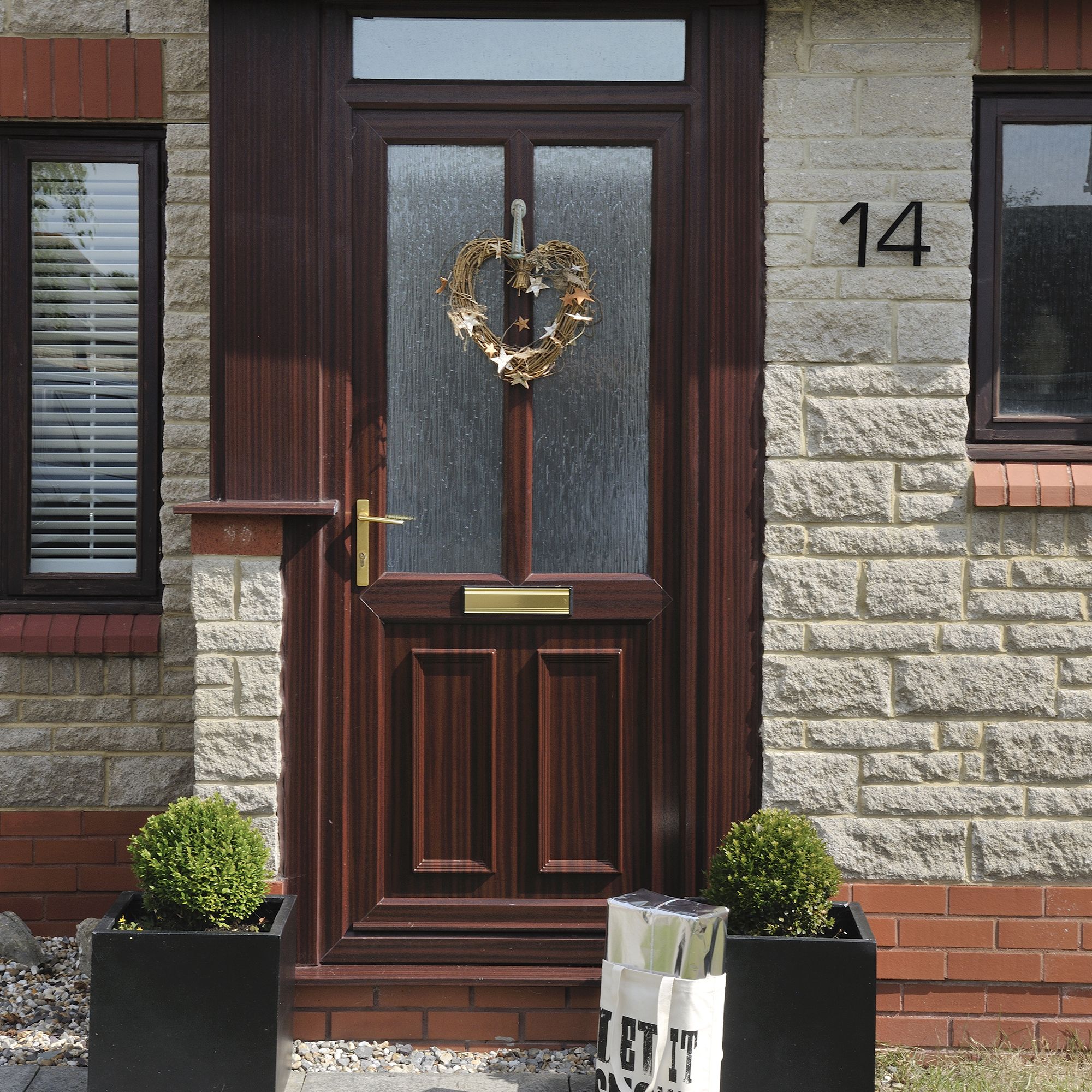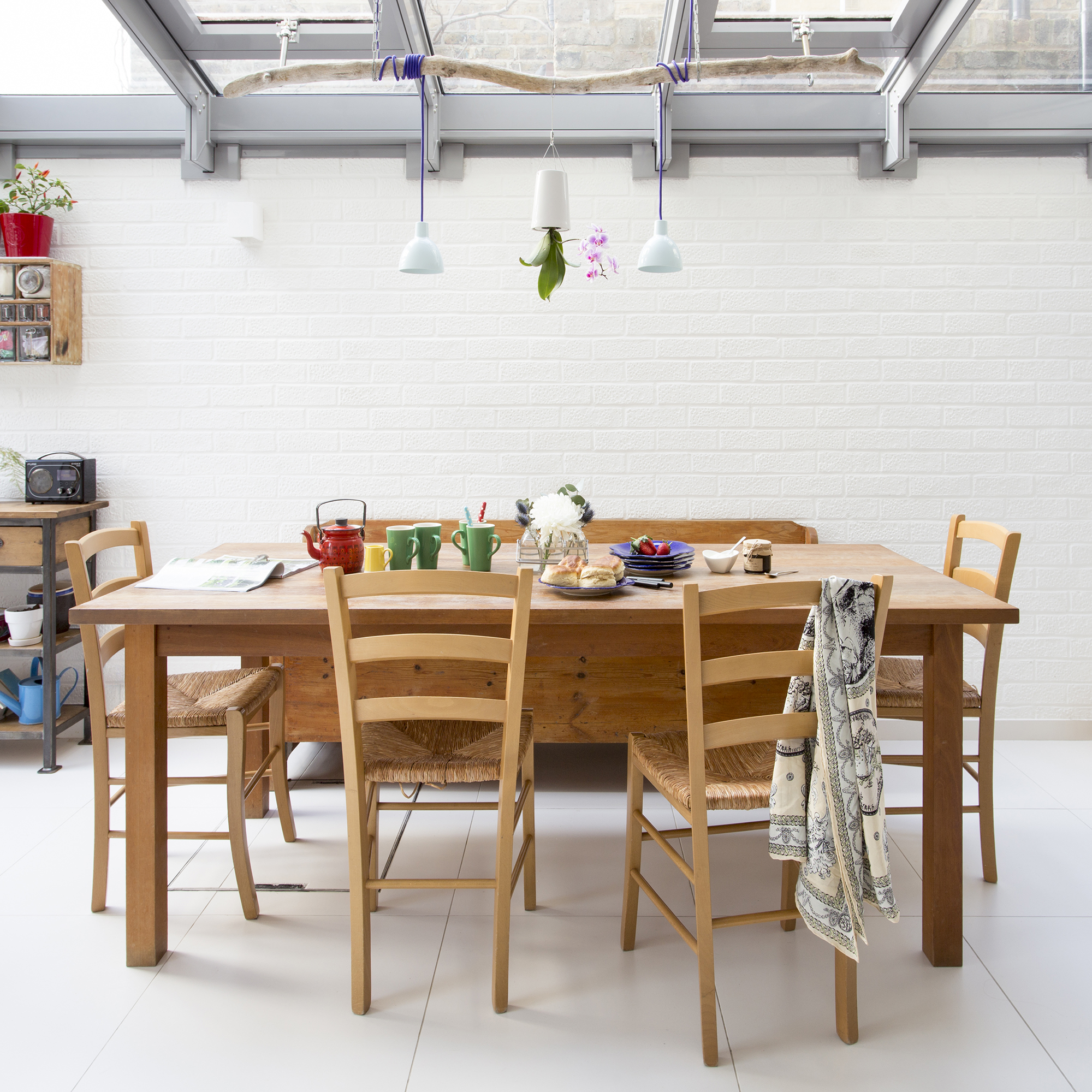What can invalidate your home insurance? How to protect your policy
Seemingly trivial actions could invalidate your home insurance and render it worthless so it's important to understand your policy

Knowing what can invalidate your home insurance is essential to make sure you are fully protected by your policy. Almost one in five claims on such policies are rejected according to the Association of British Insurers. Often, that’s because when the insurer came to check out the claim, it discovered a problem that invalidated the insurance.
If you end up in that situation, you’re losing out twice over. You won’t get the money you’d hoped for when you made the claim, and you’ve wasted all the money you spent on the home insurance policy in the first place.
So why do so many claims fail? And how do you avoid getting caught out?
1. Honesty is the best policy

Avoid telling fibs when you buy or claim on a policy. For example, failing to declare a criminal conviction will invalidate your insurance.
Even careless information can cost you. For example, you might have made a casual calculation about how much your home contents are worth. But if you’ve over-estimated, an insurer might consider it fraud. Or you might have inadvertently submitted false information about your security - the types of lock you have, for example. In which case, the insurer can reject your claim.
Tot up the contents carefully and honestly. List items of high value separately. Be honest and accurate from the start to avoid financial woe later.
Make sure you read our contents insurance guide if you aren’t sure what it is or why you need it.
Get the Ideal Home Newsletter
Sign up to our newsletter for style and decor inspiration, house makeovers, project advice and more.
2. Anybody home?

Leaving your home unoccupied for a long stretch could invalidate your home insurance. A holiday is fine. You can usually be away for around 30 days and still keep to the terms of your policy.
Longer absences could spell trouble, so check with your insurer.
Being away from home and leaving it unlocked could also nullify the policy. You need to keep your home reasonably secure. Don’t leave the door open for burglars. Keep keys safe, and make sure locks are in working order.
Equally, if there is someone home because you’ve taken in a lodger, keep your insurer in the loop about that too.
3. Renovating in secret

Structural changes increase risk of damage, but could also increase property value. Both of these factors affect potential claims, so your insurer needs to know.
Tim Downes, senior claims manager at Halifax Home Insurance says social media has become a ‘hub of inspiration’ for home renovations. But he adds: ‘Many enthusiastic amateurs are making a hash of these DIY hacks.’
Downes warns that even if your insurer covers you for accidental damage, failing to declare changes could invalidate your cover.
Downes says: ‘Ahead of any renovation, it’s important to understand your insurance policy and know what cover you have. And sometimes, it’s better to just call in the professionals.’
If you’re only adding a lick of paint, you can keep that to yourself.
4. Using home for business

If you have stock, equipment or visitors to your home for business reasons, there’s more chance of an incident. In turn, it’s more likely you would claim on your home insurance.
Insurers need the opportunity to calculate risk and offer the right policy.
Sarah Poulter, senior media relations manager at insurer Aviva, says: ‘Most policies will allow you to do office-type work at your house. But if you set up a business and run it from your home, this may require a separate business insurance policy.’
Contact your insurer if you have visitors, equipment, or have adapted the property for work use.
5. Letting your house freeze
Insurance only works if you take reasonable steps to prevent future disasters, and therefore future claims. For example, keeping the house at a minimum temperature in winter. Doing so helps prevent pipes from freezing, expanding, and then bursting, causing water damage.
Small print might be dull but it’s best to read it to understand what your home insurance covers and its limitations. Contact your insurer as soon as possible if your home or belongings are damaged or destroyed.

Laura Shannon is an award-winning consumer and money journalist with more than a decade of experience in her field. She has written for a number of titles including Metro, The Times, Daily Mail, and held the post of personal finance correspondent at The Mail on Sunday for eight years. She is passionate about helping people to save, understand, and manage money more effectively.
-
 5 signs you’ve taken decluttering too far — and how you can pull yourself back, according to organisation experts
5 signs you’ve taken decluttering too far — and how you can pull yourself back, according to organisation expertsYou might have to start resisting the urge to purge
By Lauren Bradbury
-
 What is the Party Wall Act 3m rule and is it something you should be worried about? This is what the experts say
What is the Party Wall Act 3m rule and is it something you should be worried about? This is what the experts sayDon't get caught off-guard by the Party Wall Act 3m rule — our expert guide is a must-read
By Natasha Brinsmead
-
 Shoppers can’t get enough of The Range’s lemon tree, but I’ve found an even cheaper bestseller at B&Q - it’s perfect for a Mediterranean look
Shoppers can’t get enough of The Range’s lemon tree, but I’ve found an even cheaper bestseller at B&Q - it’s perfect for a Mediterranean lookWelcome the summer with this glorious fruit tree
By Kezia Reynolds
-
 You can claim back over £300 a year from HMRC if you work from home - here’s how to check if you’re eligible
You can claim back over £300 a year from HMRC if you work from home - here’s how to check if you’re eligibleWhen it comes to saving, every little helps
By Kezia Reynolds
-
 Experts have revealed the best day to renew your home insurance policy - you’ll want to do it sooner rather than later
Experts have revealed the best day to renew your home insurance policy - you’ll want to do it sooner rather than laterDon't leave this task at the bottom of your to do list
By Kezia Reynolds
-
 Is a variable rate mortgage ever a good idea? Experts weigh in
Is a variable rate mortgage ever a good idea? Experts weigh inOur money expert explains what a variable rate mortgage is, who they can be good for, and the pros and cons of this kind of mortgage
By Samantha Partington
-
 I’m a first-time buyer, what are my chances of getting a mortgage right now?
I’m a first-time buyer, what are my chances of getting a mortgage right now?And what you can do to increase your odds
By Rachel Wait
-
 Should you ever pay above the asking price for a home?
Should you ever pay above the asking price for a home?Our money expert explains whether you should ever pay over the asking price for a home, especially if house prices fall as predicted
By Samantha Partington
-
 Should I fix my mortgage and how long should I fix for?
Should I fix my mortgage and how long should I fix for?We speak to the experts to find out whether you should fix your mortgage and how long for as well as the impact further interest changes could have on your decision
By Samantha Partington
-
 We put your mortgage questions to two leading experts, here's what they said
We put your mortgage questions to two leading experts, here's what they saidAs mortgage panic continues, we've answered the most common questions - from when mortgage rates will come down, to when you actually have to pay stamp duty
By Samantha Partington
-
 'My mortgage is set to skyrocket - what should I do?' 5 potential solutions from a money expert
'My mortgage is set to skyrocket - what should I do?' 5 potential solutions from a money expertIf you're facing higher mortgage costs, our money expert explains various courses of action you could take to ease the pressure
By Samantha Partington